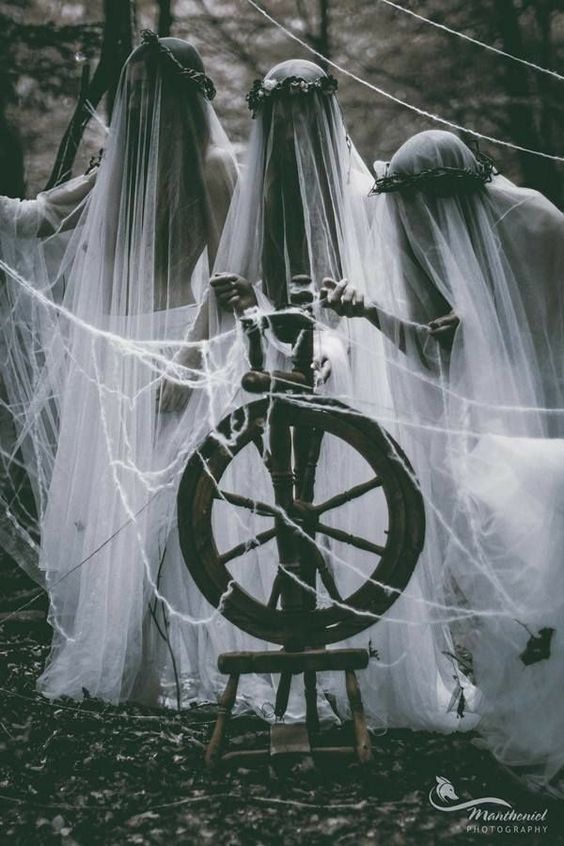
Fate, Choice, and the Unconscious: Pluto’s Enigmatic Role in Shaping Our Lives
 Happy Halloween! As we step into Scorpio’s territory, a time of mystique and intensity, it’s the perfect opportunity to immerse ourselves in the spirit of the season. With spooky costumes, disguises, and the tradition of trick-or-treating, Halloween offers a chance to let out our playful and mischievous sides. As you celebrate this holiday and encounter various terrifying characters, it’s intriguing to reflect on Moira’s role in Greek mythology. They serve as a reminder that while we revel in the festivities and fun of Halloween, there are deeper, mysterious forces at play in the universe. Moira’s association with Scorpio, a sign known for its intensity and depth, further deepens the connection between the mythological figure and the season of Halloween. The goddesses closely associated with the god Pluto, known as the ruler of the underworld. Moira represents the concept of fate, the inexorable force that shapes our lives and determines our destinies. She is often depicted as a blind and automatic entity, symbolizing the impartiality of destiny.
Happy Halloween! As we step into Scorpio’s territory, a time of mystique and intensity, it’s the perfect opportunity to immerse ourselves in the spirit of the season. With spooky costumes, disguises, and the tradition of trick-or-treating, Halloween offers a chance to let out our playful and mischievous sides. As you celebrate this holiday and encounter various terrifying characters, it’s intriguing to reflect on Moira’s role in Greek mythology. They serve as a reminder that while we revel in the festivities and fun of Halloween, there are deeper, mysterious forces at play in the universe. Moira’s association with Scorpio, a sign known for its intensity and depth, further deepens the connection between the mythological figure and the season of Halloween. The goddesses closely associated with the god Pluto, known as the ruler of the underworld. Moira represents the concept of fate, the inexorable force that shapes our lives and determines our destinies. She is often depicted as a blind and automatic entity, symbolizing the impartiality of destiny.
Moira’s presence evokes a sense of awe and dread, as they bring the unthinkable and unexpected into our lives. Their roles as the greatest force of nature at work reminds us of the power beyond our control, emphasizing the interconnectedness of all things. Necessity and fate are woven into the fabric of her being, painting a vivid portrait of the forces that shape our existence.
In Greek mythology, Moira (sometimes spelled “Moirai”) refers to the three goddesses of fate. They are often depicted as three sisters: Clotho, Lachesis, and Atropos. Each sister represents a different aspect of fate and has a specific role in determining the destinies of mortals.
1. Clotho: Clotho is the spinner of the thread of life. She is responsible for beginning a person’s life by spinning the thread that represents their fate. She determines when a person is born and sets the initial conditions of their life.
2. Lachesis: Lachesis is the measurer of the thread. Once Clotho spins the thread, Lachesis measures its length, representing the duration and events of a person’s life. She determines the lifespan and major life events of an individual.
3. Atropos: Atropos is the cutter of the thread. Once Lachesis measures the thread, Atropos cuts it, symbolizing the end of a person’s life. She determines the manner and timing of a person’s death, signifying the finality of fate.
The Moirai are often portrayed as powerful and implacable figures, representing the inescapable nature of destiny. They are believed to be beyond the influence of gods and humans alike. Their actions are automatic and blind, signifying the inevitability of fate and the inextricable link between birth, life, and death. Moira, as a collective term for the Moirai, represents the concept of fate itself. Their presence in Greek mythology serves as a reminder of the profound influence that destiny holds over human lives and the acceptance of the limitations of mortal existence.
According to Carl Jung’s psychology, the concept of fate holds significant importance. He believed the unfolding of events and experiences in our lives is not a mere coincidence but a manifestation of our inner thoughts, emotions, and desires that remain unexplored. In this psychological framework, fate emerges as a reflection of our neglected inner world, exerting its influence on the external circumstances that befall us.
In the astrological domain, Scorpio assumes the mantle of fate, symbolizing the hidden forces that shape the course of our lives. Astrologers consider Scorpio (and its ruler Pluto) as a potent symbol of destiny, representing the hidden forces that shape our lives. This association with fate is further enhanced by the phrase “Whatever will be, will be,” popularized by Doris Day, which suggests a surrender to the unfolding of events beyond our control.
The phrase “written in the stars” further encapsulates the belief that there is a predetermined plan or cosmic arrangement that guides our existence. It implies that celestial bodies and their positions at the time of our birth bear influence over our character traits and life trajectory. Contemplating the question of who or what may be orchestrating this grand universal scheme invites us to ponder the interplay between the forces of fate and the exercise of free will.
The intersection of astrology and psychology has drawn many writers in the field, who delve into the exploration of how celestial influences can intertwine with the workings of the unconscious mind. C.E.O Carter, in his introduction to astrological aspects, offers thought-provoking insights on the aspect of fate and free will within the horoscope. This dynamic relationship between the two forces invites us to reflect on the extent to which we can shape our own destinies while acknowledging the powerful undercurrents that may influence our lives.
I find that the only satisfying belief is that the environment is a reflection of the inner, either as it is or was, so that, though an aspect may seem foreign to our character and only appropriate to our external conditions, in reality both correspond. It is of course obvious that our characters may change much more quickly than our bodies and circumstances, so that the correspondence is seldom perfect or complete; but in a general sense the one follows the other. As within, so without…In judging these matters it is necessary to remember that we see but a part of each individual, and only a little even of ourselves. The great ocean of the unconscious underlies the conscious, as the visible iceberg is but a fraction of the whole. Astrologers, in seeking to understand the Law of expression, by which all human beings seek to express their own natures through all available channels. The work of the astrologer is to find beneficial and appropriate media through which the horoscopic forces can be expressed. These forces cannot be escaped, but they can be analyzed, understood, and directed.
In the realm of psychology and astrology, there is a belief that the unconscious mind plays a significant role in shaping our lives. Unlike the conscious mind, the unconscious is characterized by its fluidity, constant change, and ongoing processes. This perspective suggests that events in our lives are not random or accidental but are guided by a deeper, hidden intelligence. It implies that there is a larger pattern at work, connecting the various experiences and circumstances we encounter.
Within the framework of astrology, the movements and transits of celestial bodies are believed to correlate with significant life events. Planets such as Jupiter, Saturn, Uranus, Neptune, and Pluto are particularly associated with transformative experiences. Their transits can bring about profound shifts, pushing us toward growth, change, and evolution.
While the slower-moving planets like Jupiter, Saturn, Uranus, Neptune, and Pluto are connected to major life events and long-term transformations, even the faster-moving planets (Sun, Moon, Mercury, Venus, and Mars) contribute to our daily experiences. These planets trigger our natal aspects, the unique configurations of planets in our birth charts, on a regular basis, resulting in smaller happenings and encounters. These daily interactions provide us with opportunities for self-reflection and self-discovery, inviting us to engage with different aspects of ourselves.
Pluto, specifically, is associated with the themes of death, rebirth, fate, and transformation. It symbolizes the unconscious realm and its profound influence on our lives. The discovery of Pluto in 1930 coincided with the rise of depth psychology, which explores the hidden dimensions of the psyche and emphasizes the significance of the unconscious. The planet’s domain aligns with the transformative processes that occur within us, bringing about profound shifts in our understanding, beliefs, and identity.
Pluto’s position in the natal chart holds a significant influence on our encounters with Moira, the embodiment of fate. It is within this placement that we often confront personal tragedies and situations where we feel a diminished sense of control. Pluto individuals are often inclined to test the boundaries of fate, living life on the edge and pushing the limits. However, despite their strong will, even these individuals must ultimately confront the inevitable mortality of the physical body.
Love, a complex and profound emotion, emerges as a domain of life that many perceive as predestined. Within the archetypal realms of Scorpio, Pluto, and the enigmatic 8th house, relationships undergo transformative journeys. These energies of transformation serve to intensify our emotions, amplifying them to staggering proportions. Love encompasses a vast spectrum of experiences, encompassing profound affection, fervent passion, and even moments of profound animosity. The dynamic nature of these relationships often leads to seismic shifts and radical transformations. Through these transformative energies, relationships can undergo profound shifts, leading to rebirth and regeneration. The intensity of these experiences often reflects the influence of fate, reminding us of the mysterious forces at play throughout the course of our lives. The depths of passion, desire, and emotional connections are experienced on a heightened level, reaching beyond the ordinary. The archetypal influence of Pluto in these areas signifies that relationships in this realm often involve deep emotional entanglements and intense experiences, which can profoundly shape our world.
Pluto and its aspects within the natal chart often represent the areas where we may find ourselves tempting fate. This concept is rooted in the belief that there exists a subconscious force that influences our decisions and reactions, sometimes seemingly beyond our conscious control. It echoes the notion of the butterfly effect, where even small actions can lead to significant and unforeseen consequences. Pluto’s actions may give the impression of being fated or predestined, as if events were meant to unfold in a particular way. However, this perspective also invites us to consider the possibility that we possess a “supernatural” power to shape our own destinies. By delving into our inner selves and investigating our thoughts, beliefs, and behaviors, we become active participants in co-creating our lives. We gain awareness of the profound influence of our choices and actions, empowering us to steer the course of our fate.
When we consciously explore our inner landscape, we tap into our hidden potential and become aware of the patterns and issues represented by Pluto’s placement in the natal chart. Pluto acts as a catalyst, stirring dormant emotions, unearthing buried desires, and shining a light on the struggles that lie within the specific house and its aspects. This process can be likened to the awakening of a dormant volcano, where deep-seated issues rise to the surface, demanding our attention and transformation. Through our willingness to acknowledge and work through these hidden issues, we open ourselves up to monumental personal growth and empowerment. We have the choice to release the shackles of hatred and fear, recognizing their destructive influence on our lives. Armed with self-awareness and armed with conscious choices, we step into the role of active participants, shaping our own destiny and manifesting the changes we desire.
In this way, we become the determiners of our own fate, actively engaging in the process of self-transformation and growth. While external circumstances and events may still exert their influence, we recognise our ability to explore and respond to them from a place of conscious awareness. By cultivating mindfulness and aligning our thoughts, words, and actions with our desired outcomes, we harness our innate power to shape our lives.


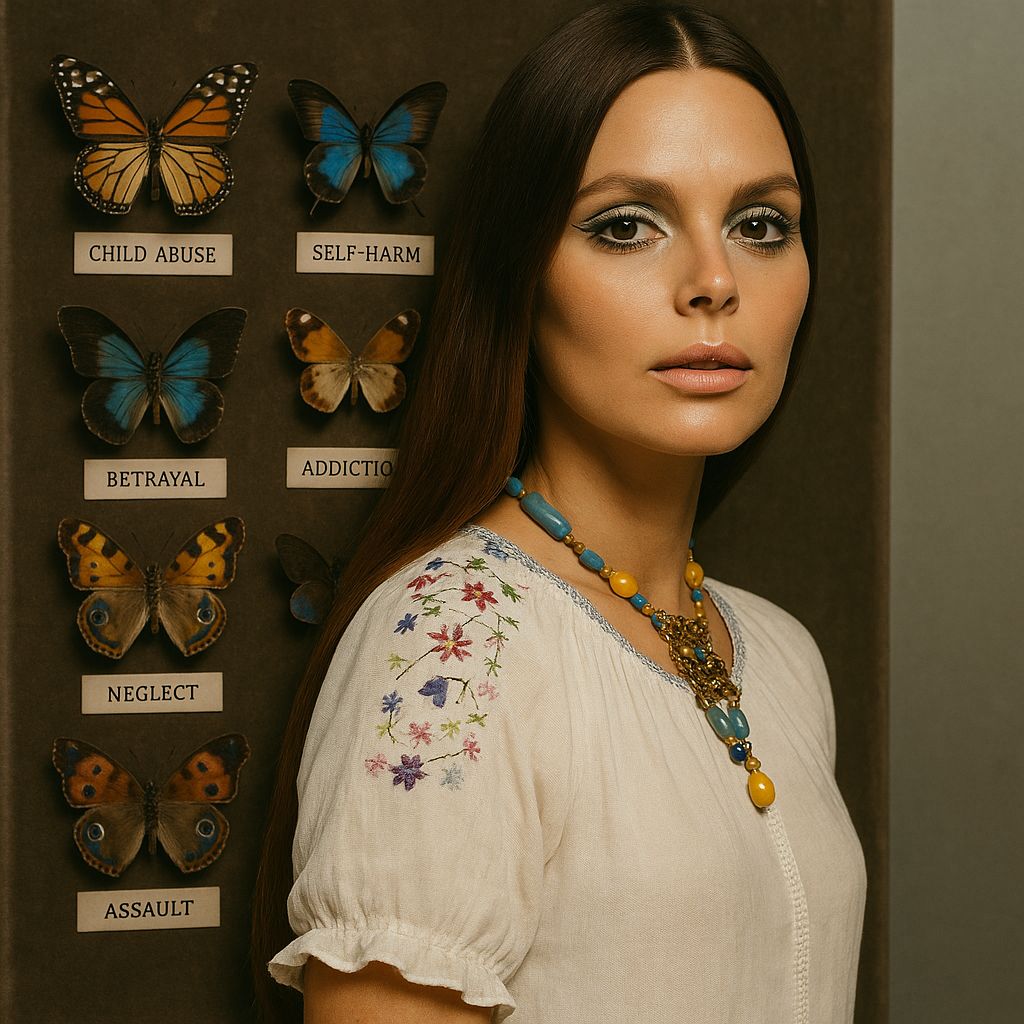
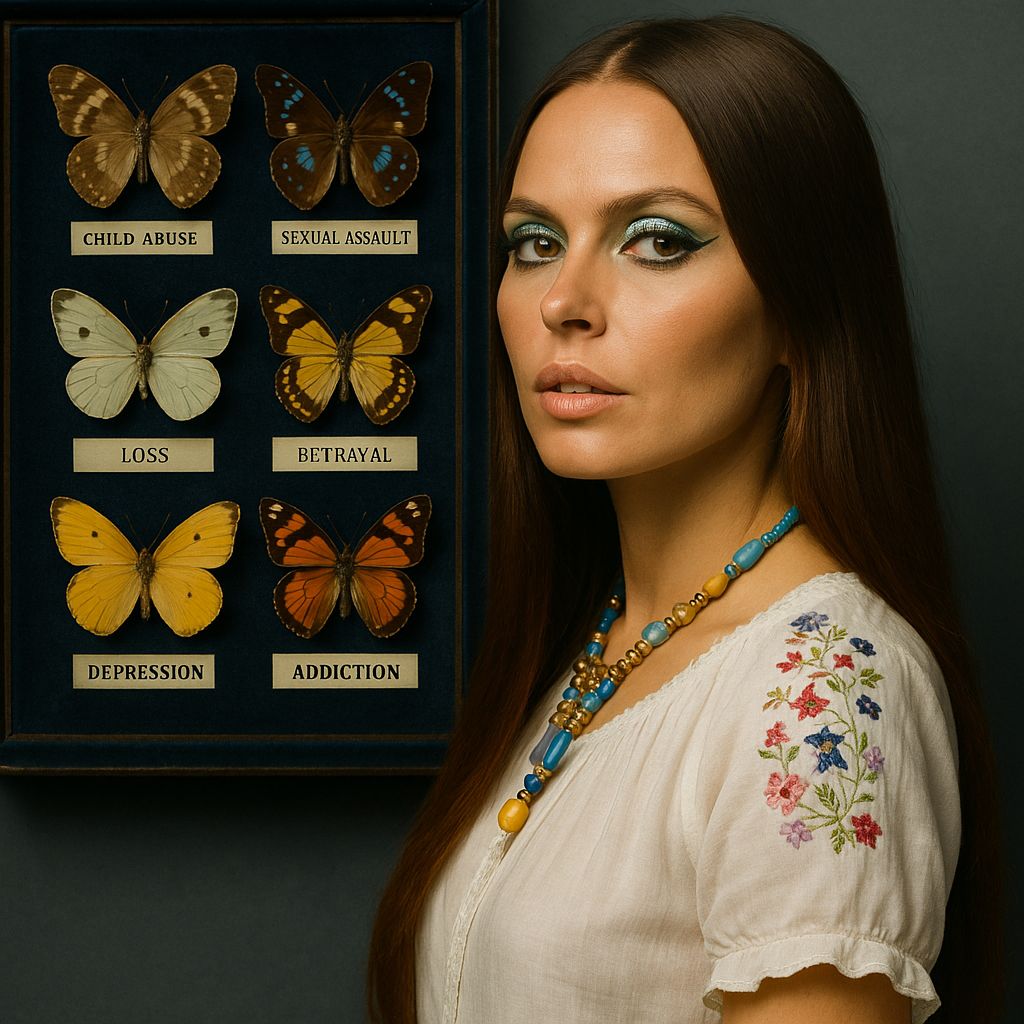
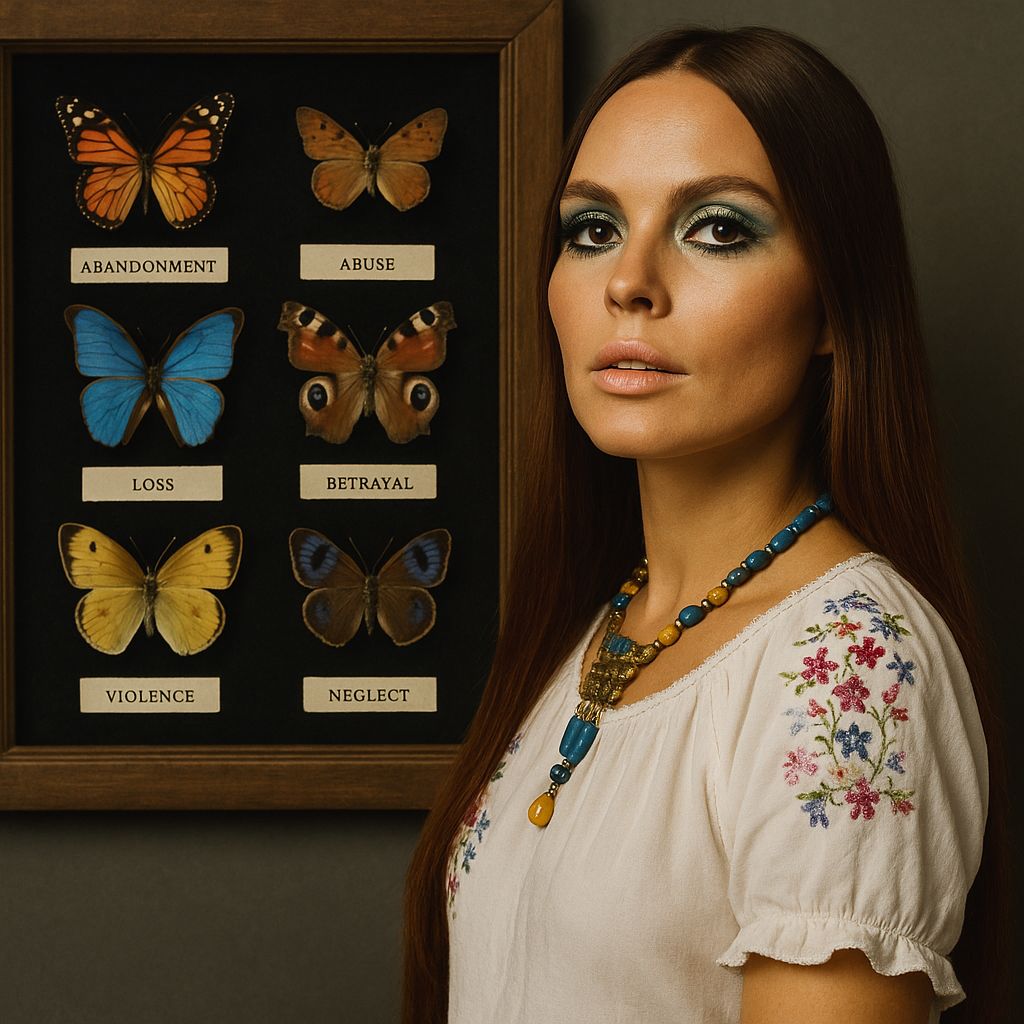
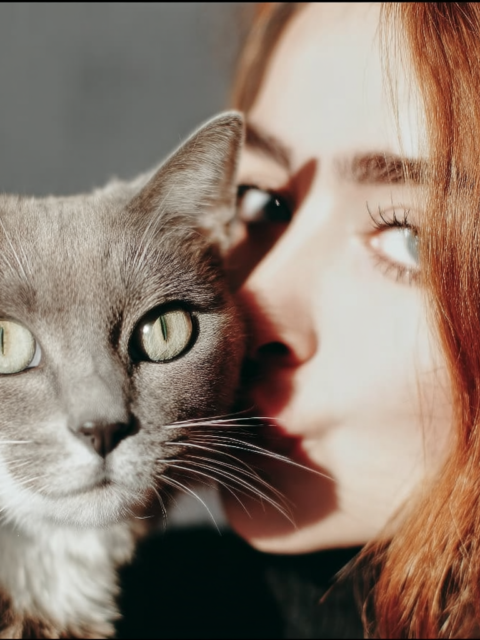


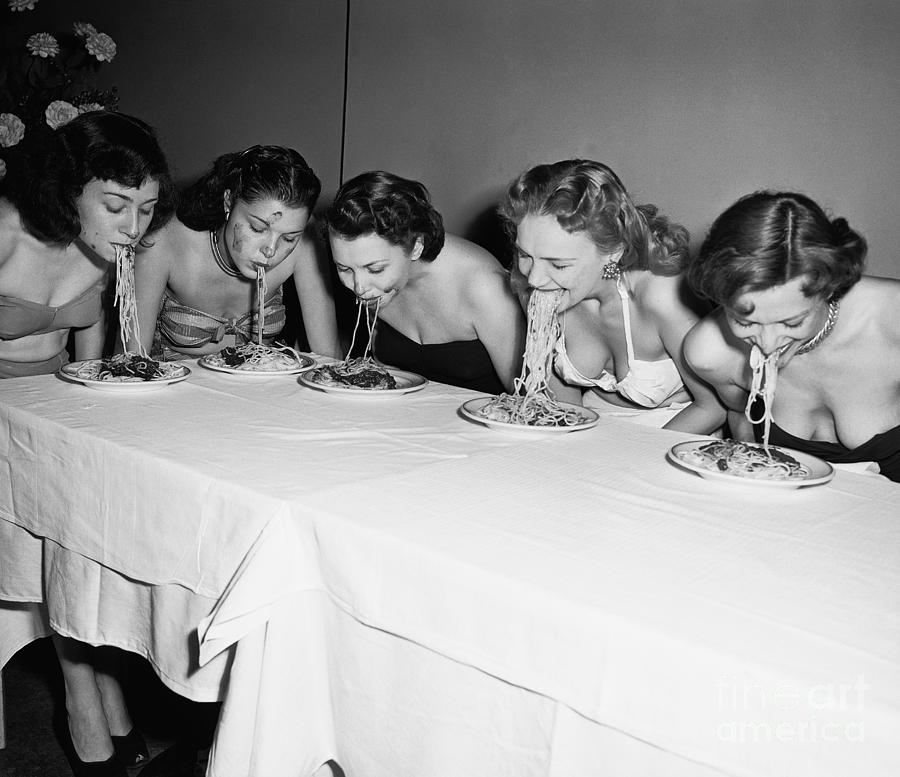 Just Eat it: Moon-Jupiter, Moon-Saturn, Moon-Uranus, Moon-Neptune, and Moon-Pluto Eating Habits
Just Eat it: Moon-Jupiter, Moon-Saturn, Moon-Uranus, Moon-Neptune, and Moon-Pluto Eating Habits
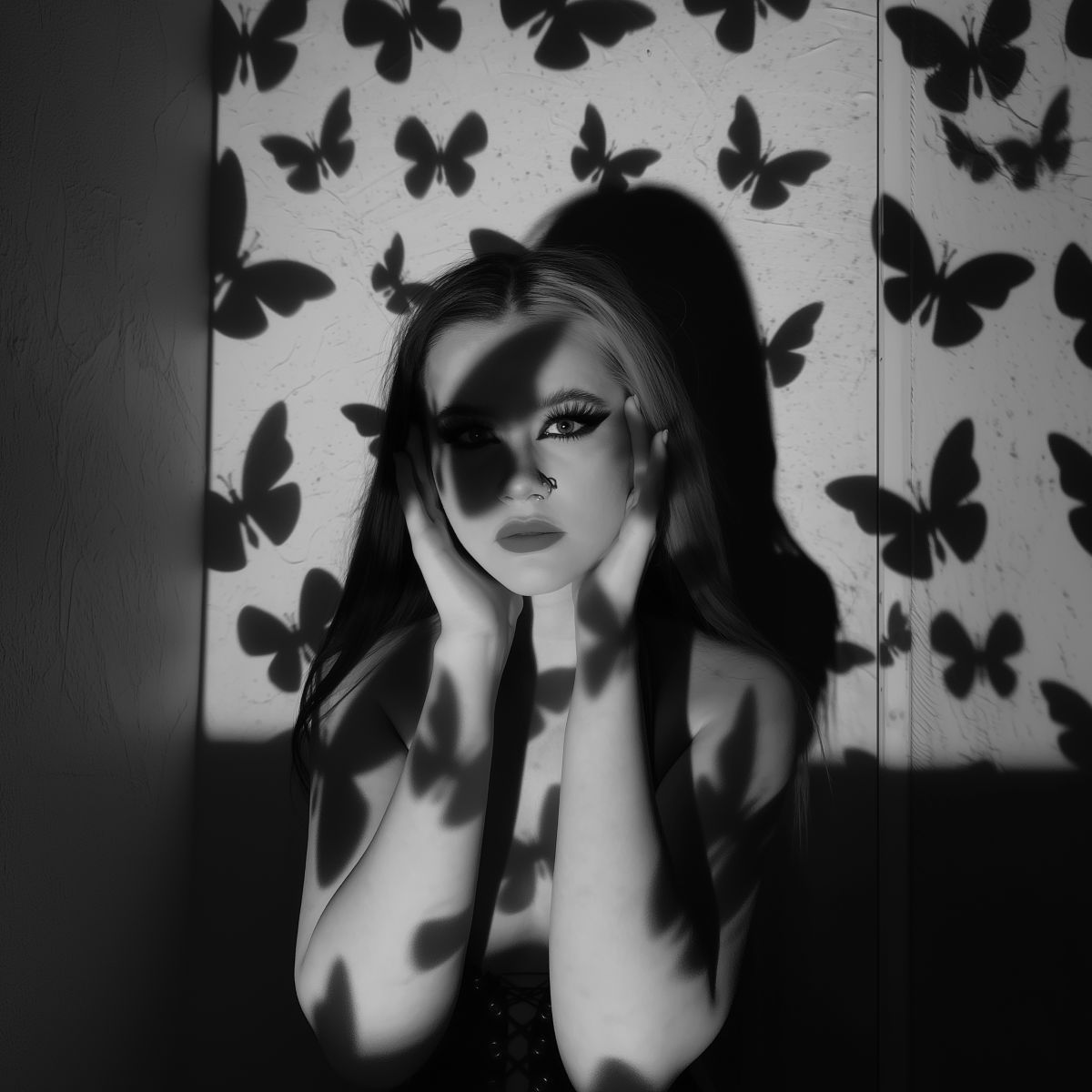 Pluto in the 12th House
Pluto in the 12th House
 The Dark Side of Taurus: Love, Obsession, and Self-Esteem
The Dark Side of Taurus: Love, Obsession, and Self-Esteem
 Pisces Fish Symbol Meaning
Pisces Fish Symbol Meaning
 The Differences Between Synastry and Composite Charts!
The Differences Between Synastry and Composite Charts!
 Taurus: Psychology
Taurus: Psychology
 Sun Square Pluto Natal Aspect: I Am Titanium
Sun Square Pluto Natal Aspect: I Am Titanium
 Sun Conjunct Pluto Synastry: Enlightening or Annihilating
Sun Conjunct Pluto Synastry: Enlightening or Annihilating
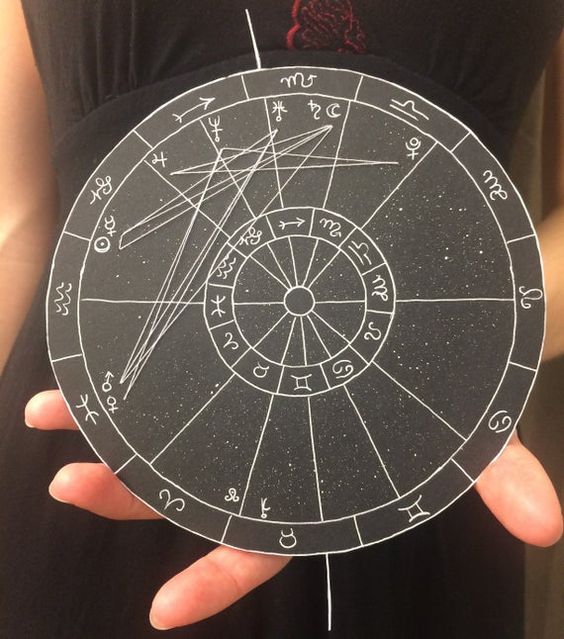 Astrology Degrees and Meaning
Astrology Degrees and Meaning
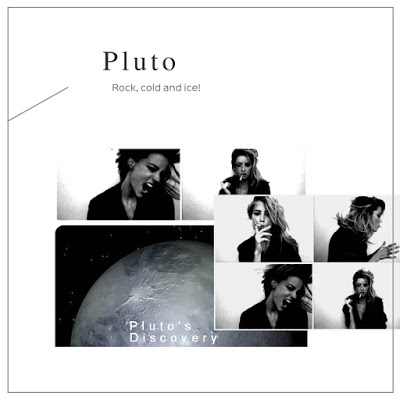 Pluto’s Discovery and Astronomical Features
Pluto’s Discovery and Astronomical Features
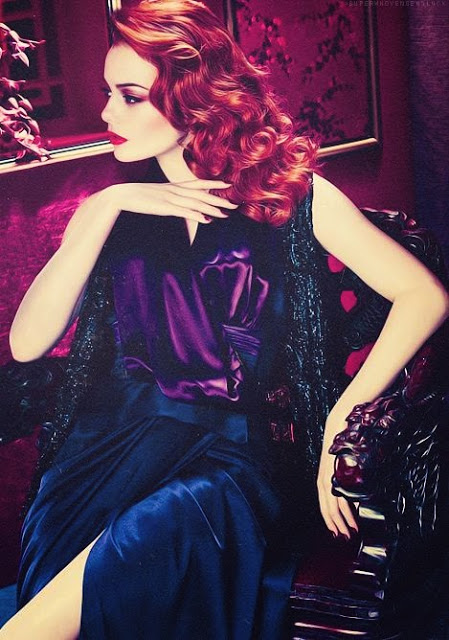 Jungian and Freudian Astrology: Part 1
Jungian and Freudian Astrology: Part 1
 Venus-Pluto: The Magnificent Obsession
Venus-Pluto: The Magnificent Obsession
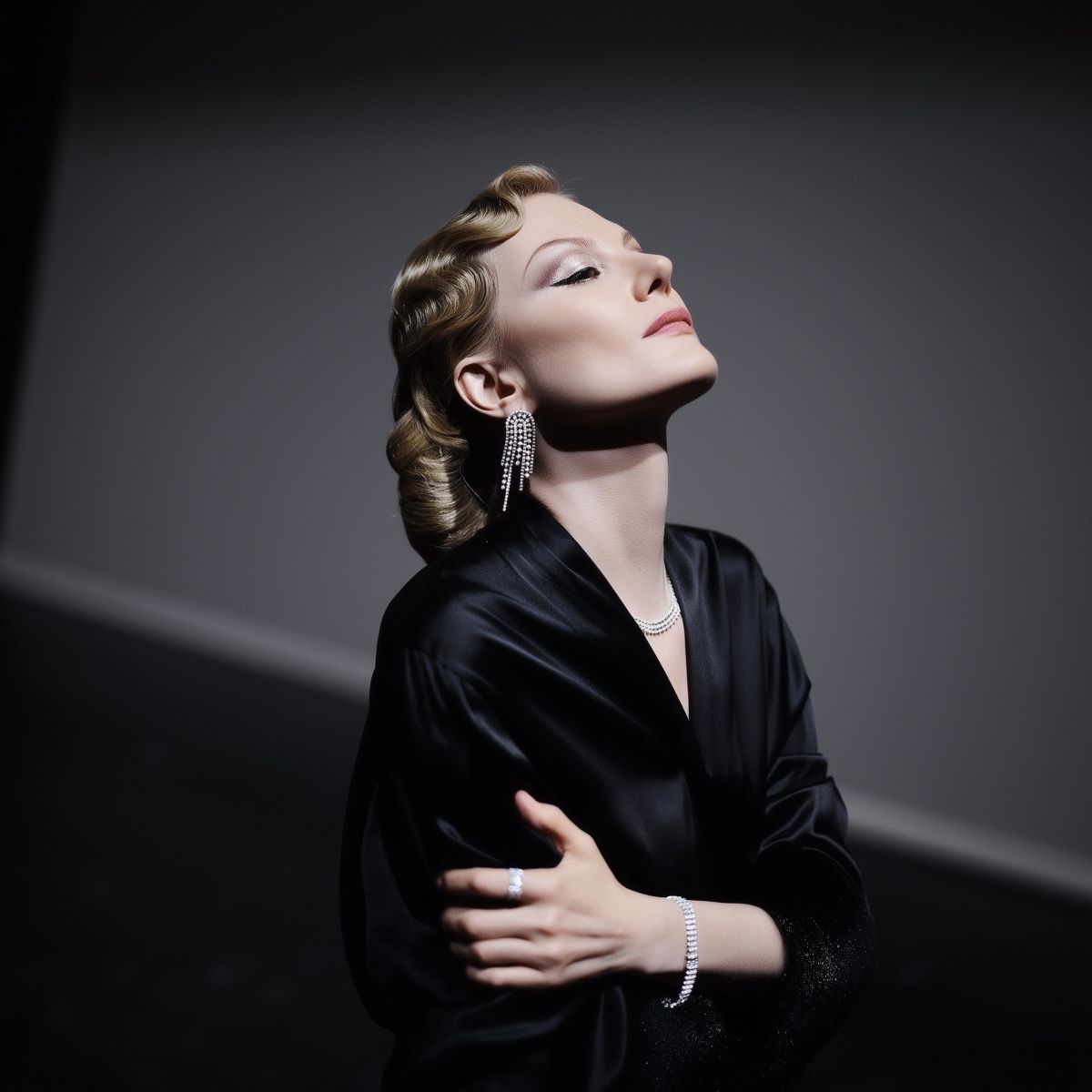 Material Mysteries: Pluto in the 2nd House, According to Astrological Research
Material Mysteries: Pluto in the 2nd House, According to Astrological Research
 Neptune in the 1st House
Neptune in the 1st House
 Sun Square Pluto Synastry: You’ve Got That Power Over Me
Sun Square Pluto Synastry: You’ve Got That Power Over Me
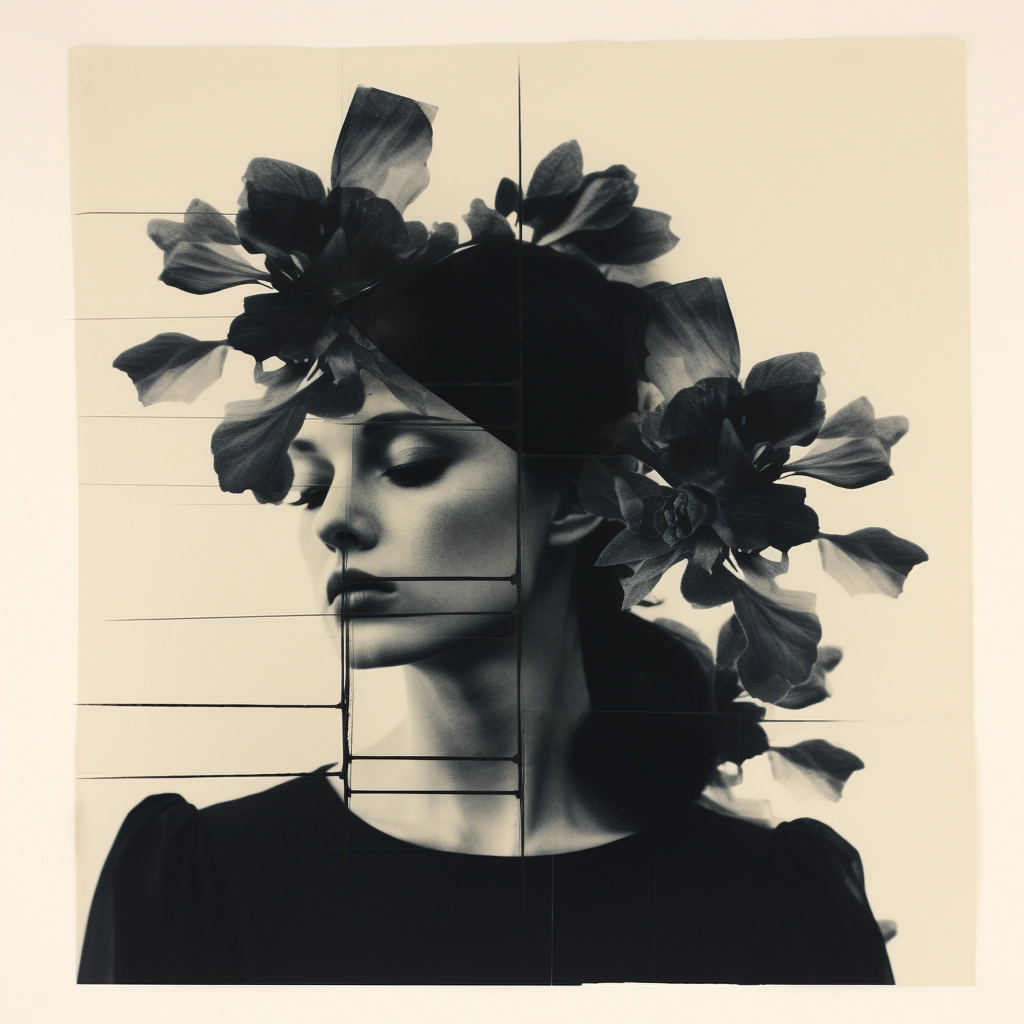 Pluto Aspects – Who Are You Kidding?
Pluto Aspects – Who Are You Kidding?
 Venus in the 8th House: A Deeper Love
Venus in the 8th House: A Deeper Love
 Mercury Opposite Uranus Natal Aspect
Mercury Opposite Uranus Natal Aspect
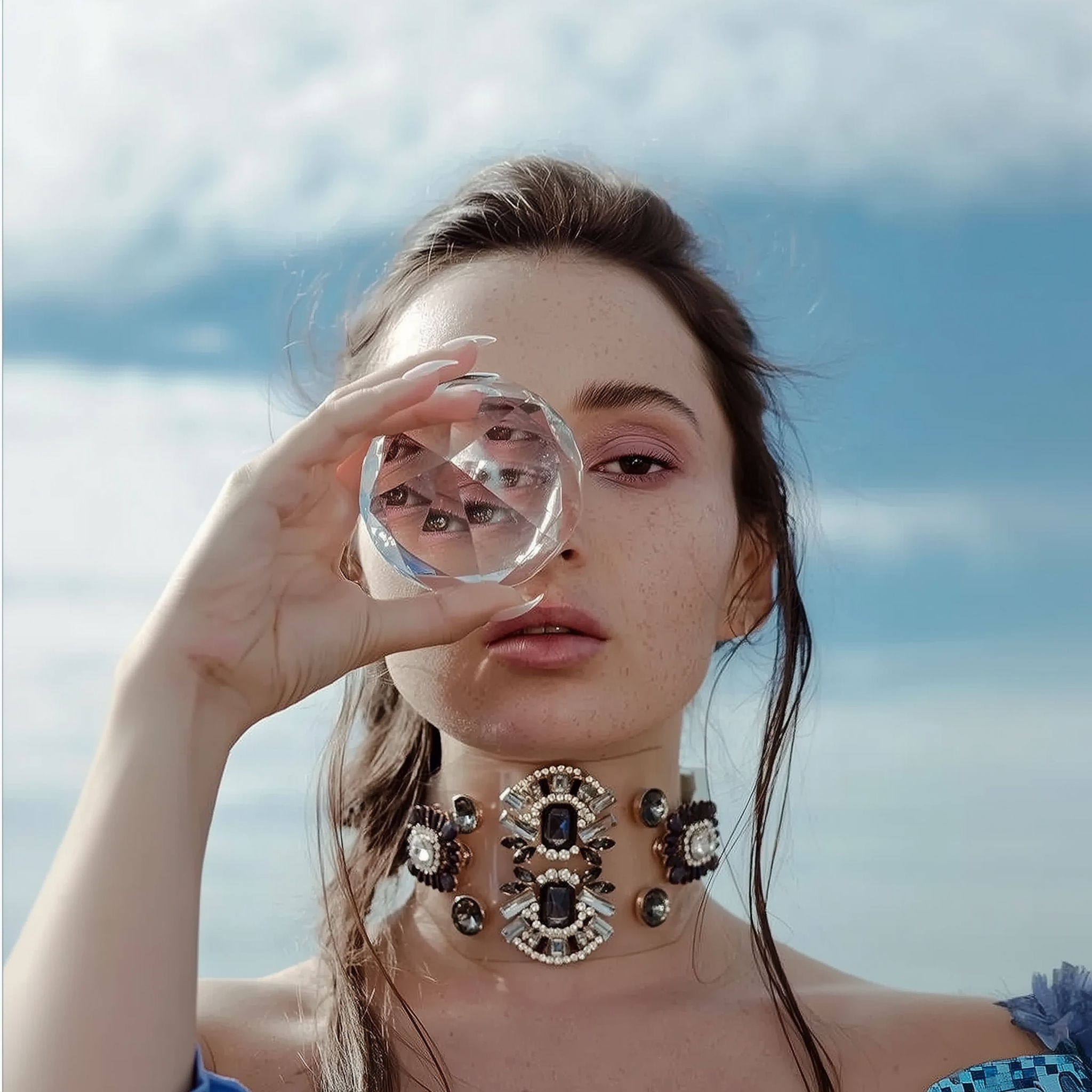 Moon Conjunct Uranus Natal Aspect
Moon Conjunct Uranus Natal Aspect